CADGME Online Gathering 2020
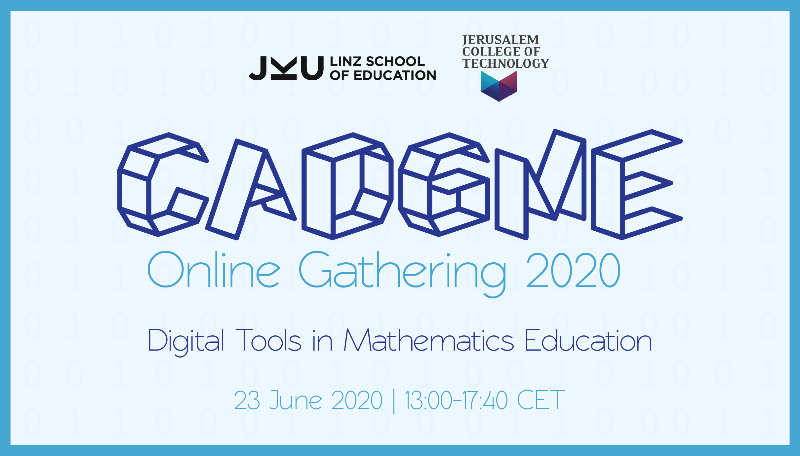
The CADGME community wishes to remain together despite the Covid-19 crisis. Therefore, we are happy to invite you to attend the CADGME 2020 Online Gathering which will take place on Tuesday, June 23rd, 2020 13:00-17:40 CET.
Place: Zoom - for Speakers - YouTube Stream for participants:
https://www.youtube.com/c/LinzSTEAMEducation
Participation: Participation is Free of Charge
Registration Form: https://forms.gle/dLM122BWFiXaEwtd9 Deadline: 21 June
CADGME 2021 in Jerusalem: http://cadgme2020.jct.ac.il
Host: Bea Kristinsdóttir, Universiy of Iceland & Zsolt Lavicza, Johannes Kepler University
Schedule: (Central European Time):
13:00-13:15 - Opening - Noah (Thierry) Dana-Picard, Csaba Sarvari, Sara Hershkovitz, Zsolt Lavicza, Ilias Kotsireas - organisation, special issues
13:15-14:30 - Session 1 - Boris Koichu - Keynote (15 min) - Problem solving, creativity, STEAM Education - Moderators: Kristof Fenyvesi & Zsolt Lavicza
14:30-14:40 - Break
14:40-16:00 - Session 2 - Markus Hohenwarter - Keynote (15 min) - New Technologies in Education - Moderators: Robert Weinhandl & Zsolt Lavicza
16:00-16:10 - Break
16:10-17:30 - Session 3 - Meir Komar - Keynote (15min) - Mathematics, Culture and Technologies - Moderators: Noah (Thierry) Dana-Picard & Sara Hershkovitz
17:30-17:40 - Closing - Q&A, Organisation, Special Issues - Csaba Sarvari, Ilias Kotsireas, Zsolt Lavicza
Session 1 - Speakers - Problem solving, creativity, STEAM Education
- Boris Koichu - Keynote (15 min) - Mathematical creativity as a choice [slides]
- Christopher Brownell (10min) - Data Science as Creative Problem Solving for the 21st Century [slides]
- Daniel Lakos (10min) - Jump from paper - Dimensional design [slides]
- Diego Lieban (10min) - STEAM Education & Maker Culture, how is it possible? Some possibilities and tricks with GeoGebra and Tinkercad [slides]
- Jose Diego-Mantecon (10min) - Large-scale implementation of STEAM activities through the use of digital technology [slides]
- Anna M. Hartkopf (10min) - Polytopia: Combining Mathematical Science Communication and Education in a Dialogical Format [slides]
Session 2 - Speakers - New Technologies in Education
- Markus Hohenwarter - Keynote (15 min) - GeoGebra in times of distance learning [slides]
- Matthias Ludwig & Gregor Milicic (10min) - MathCityMap - a digital and pedagogical tool to do mathematic outside the classroom [slides]
- Daniela Ferrarello (10min) - 3D-Printing in Prison: a Tool for (Math) Education [slides]
- Ben Haas & Yves Kreis (10min) - Innovative uses of technologies for STEAM education in elementary schools in Luxemburg [slides]
- Selay Kocadere (10min) - Gamification for Teaching Maths [slides]
- Zoltan Kovacs (10min) - Discovering and proving algebraic facts on traditional geometric figures with GeoGebra [slides]
Session 3 - Speakers - Mathematics, Culture and Technologies
- Meir Komar - keynote (15 min) - “Practice What You Preach”. Do Instructors in Higher Education Have or Need the Necessary Soft Skills? [slides]
- Noah Dana-Picard & Sara Hershkovitz (10min) - STEAM education based on the students cultural background: octagonal monuments and Digital tools [slides]
- Robert Weinhandl (10min) - Using the GeoGebra Notes Application to dynamically organise digital learning resources and promote students’ STEM skills [slides]
- Alvaro Martinez Sevilla (10min) - Towards an Automatic Geometric Model of Monuments [slides]
- Carla Pinto (10min) - Social and cultural perspectives on students’ acquiring essential skills in the 21st Century [slides]
Closing Session - Q&A, Organisation, Special issues
- Csaba Sarvari
- Ilias Kotsireas
- Zsolt Lavicza
Presenters
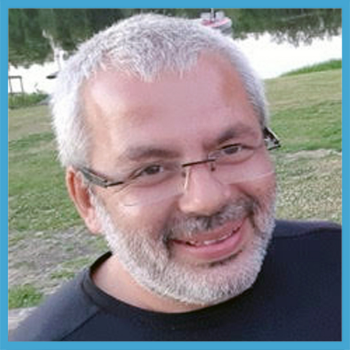 | 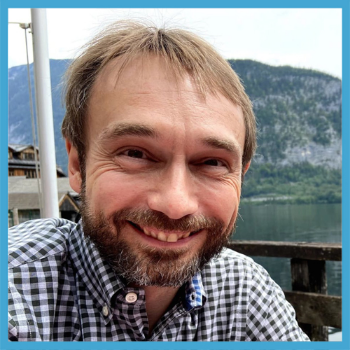 | 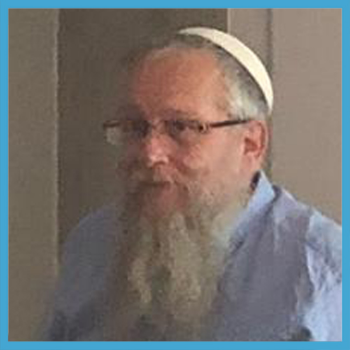 |
| Boris Koichu is an Associate Professor at the Department of Science Teaching of the Weizmann Institute of Science. His research focus is on teaching and learning for and through mathematical problem solving, with special attention to R&D of models of professional development for teachers striving to support problem solving in their classrooms. | Markus Hohenwarter created the open source dynamic mathematics software GeoGebra in 2002 as part of his master’s project in Austria. After his PhD he spent three years at universities in Florida before he became a full professor for mathematics education at Johannes Kepler University Linz in Austria in 2010 where he is still leading GeoGebra development. | Meir Komar has been actively engaged in Computer Science Education for close to 40 years at both secondary and tertiary levels. He is a senior lecturer at JCT - the Jerusalem College of Technology (Lev Academic Center) in the Computer Department. Amongst his previous academic positions; Chairman of the Science and Technology Teaching Department; Founder and Head of the Academic Quality Unit at the College. |
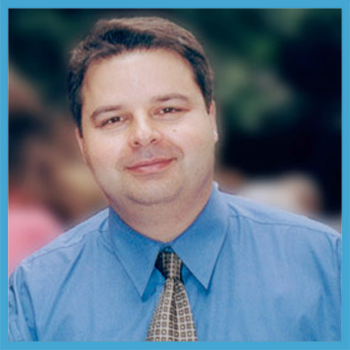 | 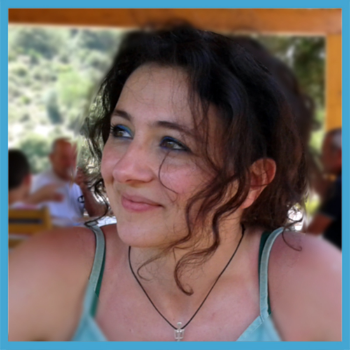 | 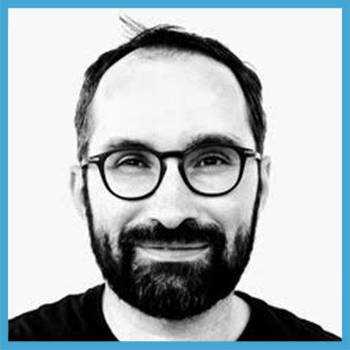 |
| Ilias S. Kotsireas received his undergraduate education at the University of Athens (Greece) and the Universite Paris 6 (France). He earned his PhD from the Universite Paris 6 in 1998 holding a 3-year scholarship from the Ministry of National Education. Subsequently, he was awarded a two-year postdoctoral fellowship at the University of Western Ontario (London, Ontario, Canada) in 1999-2000, within the Ontario Research Center for Computer Algebra (ORCCA). | Daniela Ferrarello is an Associate Professor of Mathematics education and history of mathematics, at University of Catania (Italy) - Department of Agriculture, Food and Environment. She works on the field of Mathematics’ Education and Fundaments of geometry, inside the Team of Research and didactic experimentation of the Department of Mathematics and Computer Science (University of Catania). | Ben Haas is a PhD Student at the Johannes Kepler University in Linz and a special needs teacher in an elementary school in Luxemburg. Furthermore, he is co-teaching as an adjunct senior lecturer in the mathematics didactics courses for pre-service elementary school teachers at the University of Luxemburg. |
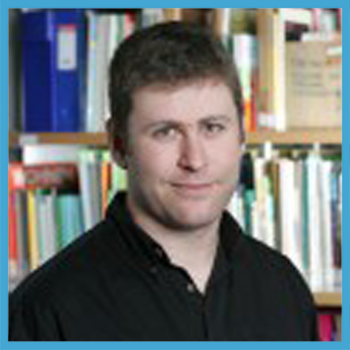 | 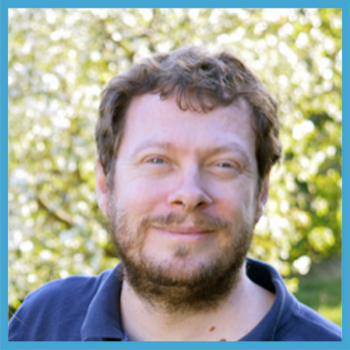 | 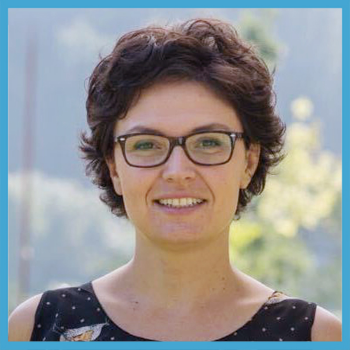 |
| Yves Kreis is a Senior Lecturer at the Institute of Applied Educational Sciences of the research unit Education, Culture, Cognition and Society of the Faculty of Language and Literature, Humanities, Arts and Education of the University of Luxembourg. He has a PhD in educational sciences (Dr. paed.) of the University of Education Ludwigsburg (Germany). | Zoltán Kovács is an assistant professor at The Private University College of Education of the Diocese of Linz, Institute of Initial Teacher Training (Austria), since 2015. Team member of Center of Mathematics Education of Linz at University of Linz, Department of Mathematics Education. Core developer and voluntary contributor at GeoGebra, since 2010. | Selay Arkün Kocadere is an associate professor at Hacettepe University in Ankara, Turkey. Following her bachelors’ degree in Mathematics Education, she received her M.Sc. and Ph.D. in Computer Education and Instructional Technology. Dr. Kocadere worked as an instructional designer in the private sector before moving into academics. |
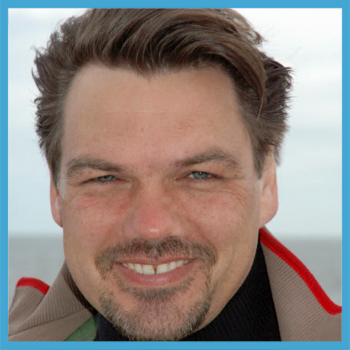 | 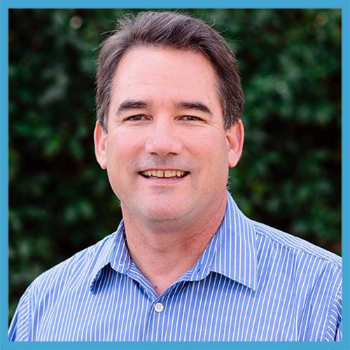 | 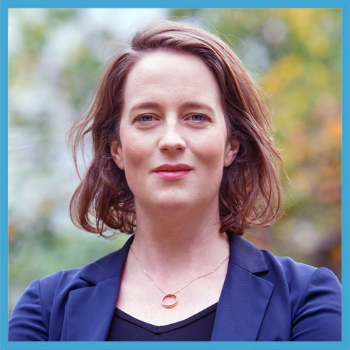 |
| Matthias Ludwig is the founder of MathCityMap, an open platform for outdoor learning in mathematics using math trails. In 2002 he started to work as a full professor at the University of Education in Weingarten before he moved to Frankfurt in 2011 as a full professor at the Goethe University in Frankfurt. His area of research includes math education in China, project based learning, space geometry, mobile learning (new technologies) and modeling and application. | Christopher Brownell Ph.D is an Associate Professor of Mathematics & STEM Education at Fresno Pacific University. Research interests include: the role of creativity in teaching and learning, the teaching of data science, humanistic mathematics and joy. Author of Math Recess Playful Learning in an Age of Disruption (2019). | Anna Maria Hartkopf, Freie Universität Berlin, is a mathematician, who specializes in mathematical science communication (MSC). After her studies, she worked for the Mathematical Research Institute Oberwolfach and organized the IMAGINARY exhibition. After leaving academia for three years to be a high school teacher for mathematics and politics, she returned to Freie Universität Berlin to do a PhD. |
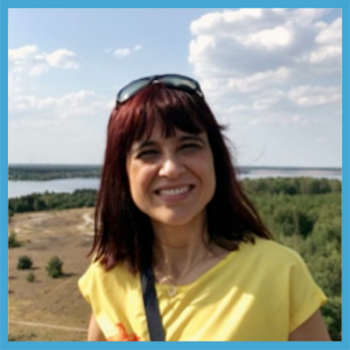 | 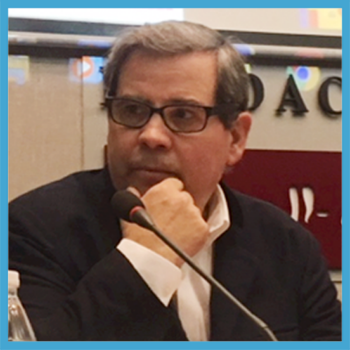 | 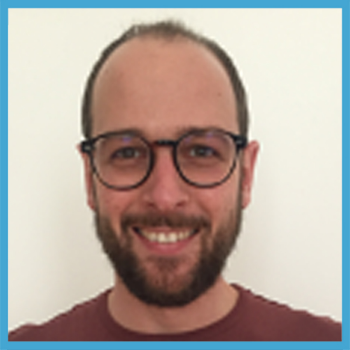 |
| Carla M.A. Pinto is a Doctor in Mathematics, since January 2004, by the University of Porto, Faculty of Sciences, Portugal. She did part of her PhD under the supervision of Prof Martin Golubitsky, from the Ohio State University. Mrs Pinto published more than 46 articles in high-impact peer-review journals and more than 50 papers in international peer-reviewed conferences. She works in the area of Applied Mathematics, with focus on epidemiology, robotics. | Alvaro Martinez Sevilla is a Professor of the Department of Algebra at the University of Granada (UGR), he teaches at the Higher Technical School of Computer Engineering and Telecommunications. He currently maintains research activity in Mathematics, Art and Artificial Intelligence, within the research group "Soft Computing and Intelligent Systems" of the UGR. | Robert Weinhandl is a postdoctoral researcher at the Linz School of Education in the field of STEM didactics. Robert is a member of the GeoGebra Community and Origin Lab team as well as a staff member of the MINT Learning Center at the Linz School of Education. Robert’s research focuses on integrating real-world problems into mathematics teaching and professional mathematics teacher development. |
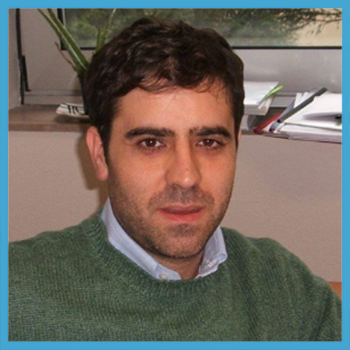 | 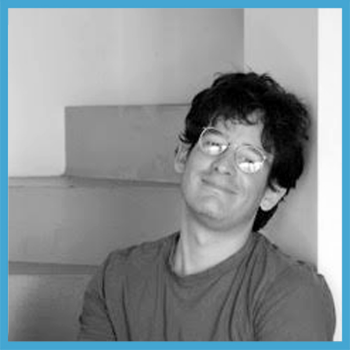 | 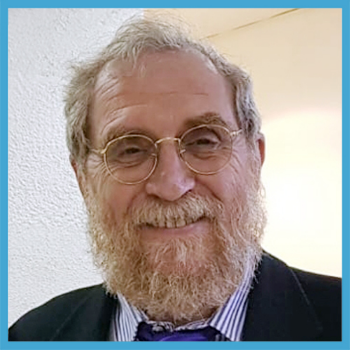 |
| Jose Diego-Mantecón received his M.Phil. and Ph.D. degrees in mathematics education from Cambridge University (UK). He is currently working from University of Cantabria and he has large experience on developing and working on international projects. He was part of the Millennium Mathematics Team at University of Cambridge, being responsible for several years of the Spanish version of the Maths Thesaurus Project. | Dániel Lakos received his Master degree in architecture design from Moholy-Nagy University of Art and Design, Hungary. He is currently a lecturer at the Design Department, MOME. He runs his design studio Planbureau. Based on his architectural and design background, the studio focus on interior and furniture design as well. As a multidisciplinary studio they deal with stage design, product design, museum installations, and implementation as well. | Noah (Thierry) Dana-Picard is a Professor of Mathematics at Jerusalem College of Technology (JCT). He has two Ph.D.s, one from France and one from Israel. Since he finished his period as president of JCT, he is the director of a Chair for Mathematics, Education, and Judaism. He is an active researcher in Mathematics, Mathematics Education with a strong orientation to ICTs and STEAM Education. |
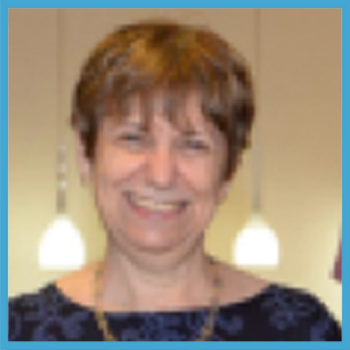 | 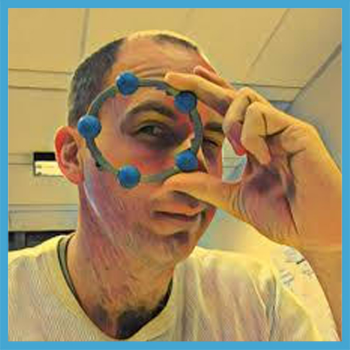 | 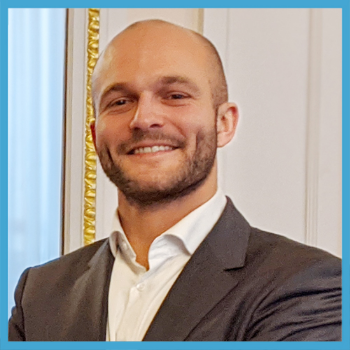 |
| Prof. Sara Hershkovitz retired from The Center for Educational Technology (CET) In Israel, after 4 decades. During 27 years (till 2017) she was the head Mathematics Department and led the development of dozens of CET’s Math textbooks for primary and secondary schools, as well as the interactive digital content and the digital textbooks, and led the development of the online course in Math for high school, which is a part of CET’s Virtual High School (VHS). | Diego Lieban is a Mathematics Professor of IFRS-Bento Gonçalves/Brazil and collaborator of OBMEP (Brazilian Mathematics Olympiad Program in Public Schools). PhD in STEM Education (2019) at Johannes Kepler Universität, in Linz / Austria, performing part of his work and studies to implement the 3D printing features on GeoGebra platform. In 2015, he took part of the international program "VET - Teachers for the Future”, in Finland, for the Technological Development and Innovation in Education. | Gregor Milicic is a postdoctoral researcher at the Goethe University in the field of mathematics education. In his research, he wants to identify linking topics between mathematics education and Computational Thinking as one of the 21st century skills and also evaluate the benefits its embedment in regular mathematics lessons holds. |
Organising Committee
Scientific committee
CADGME committee
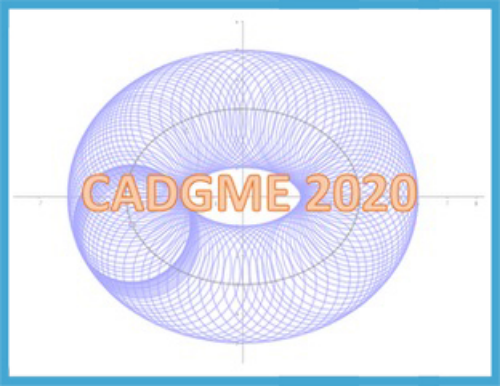
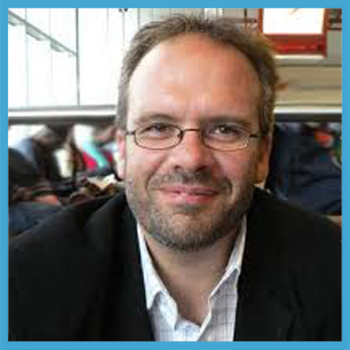 |  | 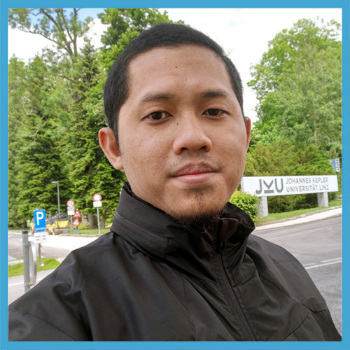 |
| Zsolt Lavicza is a university professor in STEM education research methods at the Department of STEM Education, Linz School of Education, Johannes Kepler Universität Linz Austria. He has worked on several research projects examining technology and mathematics teaching in classroom environments. He has greatly contributed to the development of the GeoGebra community. | Noah (Thierry) Dana-Picard is a Professor of Mathematics at Jerusalem College of Technology (JCT). He has two Ph.D.s, one from France and one from Israel. Since he finished his period as president of JCT, he is the director of a Chair for Mathematics, Education, and Judaism. He is an active researcher in Mathematics, Mathematics Education with a strong orientation to ICTs and STEAM Education. | Imam Fitri Rahmadi is a lecturer at Universitas Pamulang Indonesia and currently a PhD student at the Department of STEM Education, Linz School of Education, Johannes Kepler Universität Linz Austria interested in exploring user-generated microgames for STEM education. Educational technology integration into learning and instruction is his overall research interest. |
 | 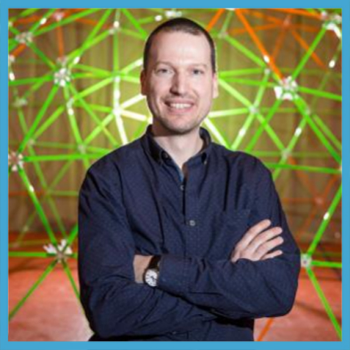 |  |
| Robert Weinhandl is a postdoctoral researcher at the Linz School of Education in the field of STEM didactics. Robert is a member of the GeoGebra Community and Origin Lab team as well as a staff member of the MINT Learning Center at the Linz School of Education. Robert’s research focuses on integrating real-world problems into mathematics teaching and professional mathematics teacher development. | Kristóf Fenyvesi, PhD (b. 1979) – is a researcher of STEAM (Science, Technology, Engineering, Arts and Mathematics) Trans- and Multidisciplinary Learning and Contemporary Cultural Studies in Finland, at the Finnish Institute for Educational Research, University of Jyväskylä. Member of the Research Group for Innovative Learning Environments and Research Group for Education, Assessment & Learning. | Ilias S. Kotsireas received his undergraduate education at the University of Athens (Greece) and the Universite Paris 6 (France). He earned his PhD from the Universite Paris 6 in 1998 holding a 3-year scholarship from the Ministry of National Education. Subsequently, he was awarded a two-year postdoctoral fellowship at the University of Western Ontario (London, Ontario, Canada) in 1999-2000, within the Ontario Research Center for Computer Algebra (ORCCA). |
 | 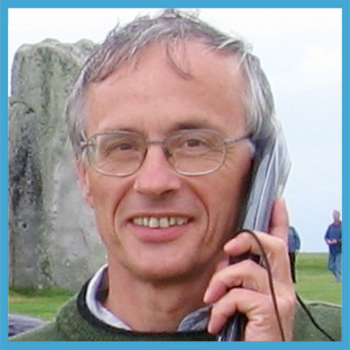 | 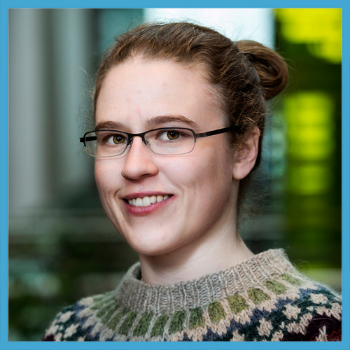 |
| Prof. Sara Hershkovitz retired from The Center for Educational Technology (CET) In Israel, after 4 decades. During 27 years (till 2017) she was the head Mathematics Department and led the development of dozens of CET’s Math textbooks for primary and secondary schools, as well as the interactive digital content and the digital textbooks, and led the development of the online course in Math for high school, which is a part of CET’s Virtual High School (VHS). | Csaba Sárvári is an emeritus Associate Professor from the Department of Mathematics, Faculty of Engineering and Information Technology, University of Pécs (Hungary). His main research interests are Computer Algebra Systems (CAS) in mathematics education and number theory. He has written numerous papers and organised conferences on CAS in mathematics teaching. He is co-founder of CADGME conference series with Zsolt Lavicza. | Bea (Bjarnheiður Kristinsdóttir) is a PhD student at the University of Iceland, School of Education and a high school teacher at Hamrahlíð junior college in Reykjavík, Iceland. For the past four years she has been an active part of the Linz School of STEAM Education research group at Johannes Kepler University in Austria and she has also co-taught mathematics education courses for in-service upper secondary school teachers at the University of Iceland. |
